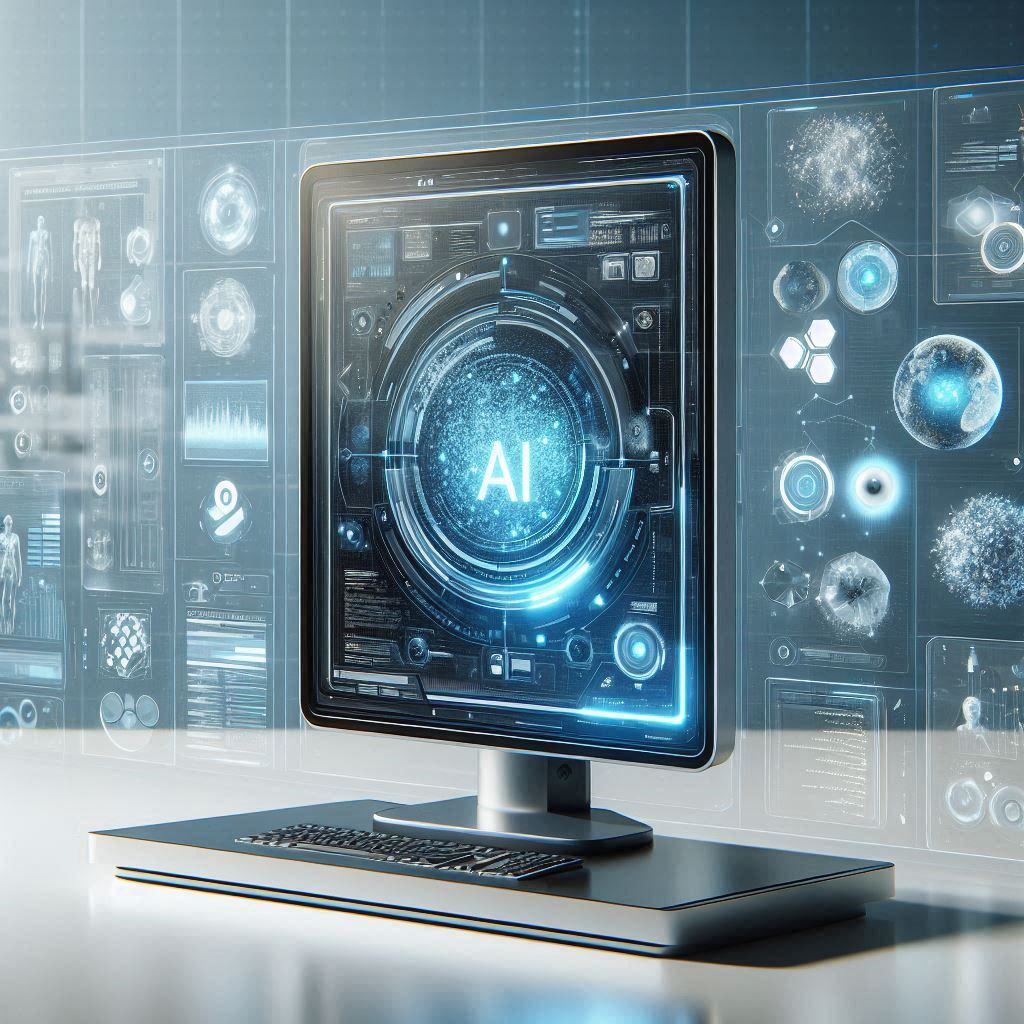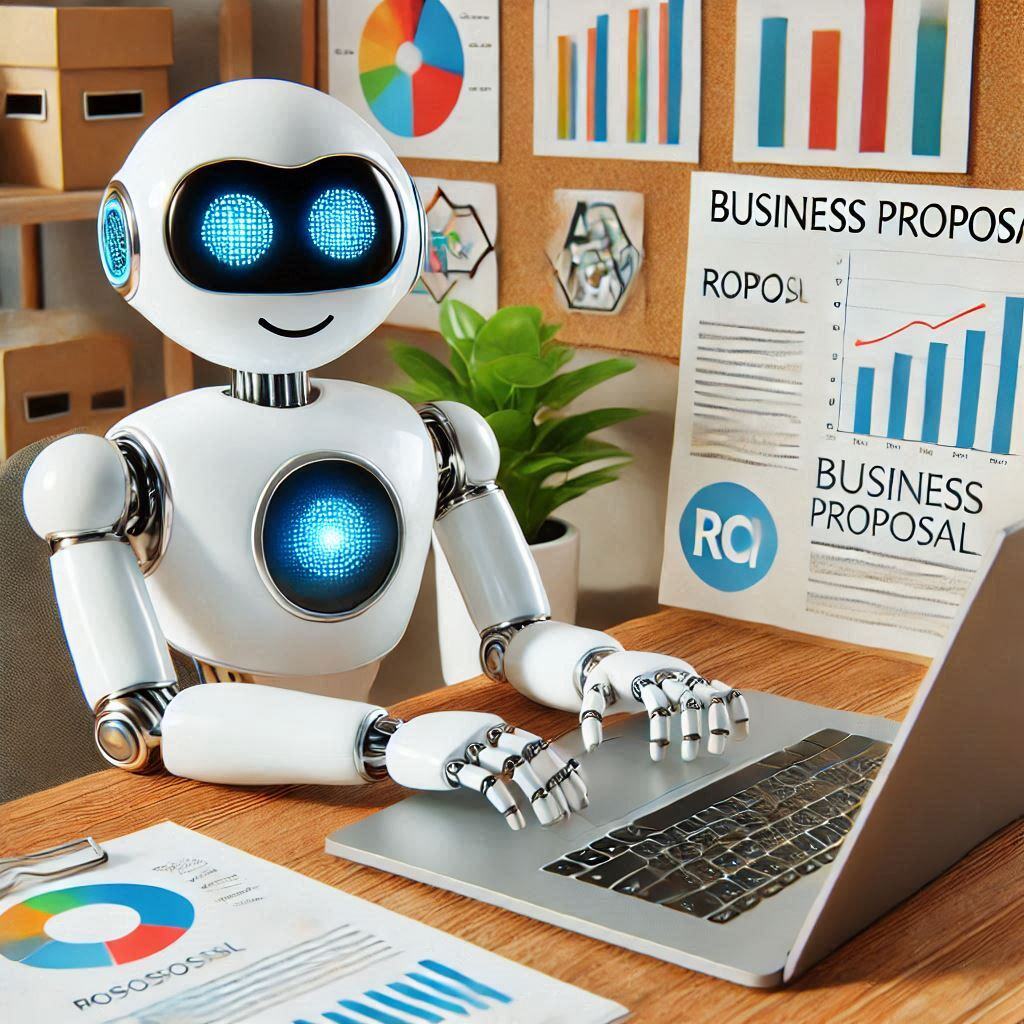How Can AI Be Used in Small Business?
Artificial Intelligence (AI) is no longer a futuristic concept; it's a practical tool that small businesses can leverage today to improve operations,...
Discover how AI automation is reshaping business operations, boosting efficiency, and unlocking growth opportunities. Learn practical implementation strategies.
AI automation is reshaping the business landscape, revolutionizing how companies operate, innovate, and gain a competitive edge. But what exactly is AI automation for business? And how can you harness its power to streamline processes, boost efficiency, and unlock new growth opportunities?
In this comprehensive guide, we'll dive deep into AI automation for business, exploring its definition, applications, benefits, and practical implementation strategies.
What is AI Business Automation?
AI business automation refers to the use of artificial intelligence technologies to automate tasks, processes, and decision-making within an organization. It involves the integration of machine learning, natural language processing, computer vision, and other AI capabilities to streamline operations, reduce manual labor, and enhance productivity.
How Can AI Be Used by Businesses?
The possibilities are vast. Here are just a few examples of how AI is transforming businesses across industries:
What is AI Automation with Examples?
Let's take a closer look at some practical examples of AI automation in action:
How Can I Automate My Business Using AI?
Implementing AI automation in your business requires a strategic approach. Here's a step-by-step guide:
Ready to Automate Your Business?
Integrail empowers businesses to build and deploy custom AI agents without writing a single line of code. Our intuitive no-code platform makes it easy to create intelligent solutions tailored to your specific needs. Try Integrail today and experience the future of business automation.

Artificial Intelligence (AI) is no longer a futuristic concept; it's a practical tool that small businesses can leverage today to improve operations,...

As an enterprise leader, you understand the transformative potential of AI optimization initiatives. However, realizing this potential demands...

Business proposals are critical for organizations aiming to win contracts, secure funding, or pitch innovative ideas. Crafting these documents,...
Start your journey with Integrail

Try AI Studio by Integrail FREE and start building AI applications without coding.

NEW White Paper: Discover how AI Studio accelerates your workflows